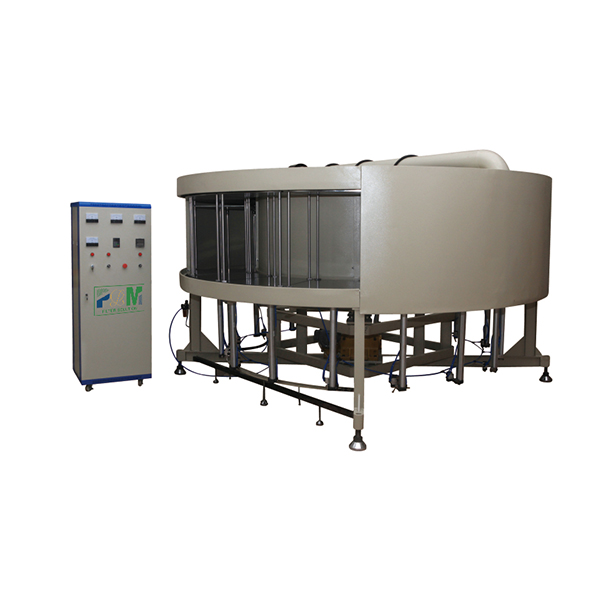Sep . 23, 2024 10:41 Back to list
Benefits of Using Cooking Oil Filters for Healthy Meal Preparation
The Importance of Using Cooking Oil Filters in Culinary Practices
Cooking oil is an essential ingredient in many kitchens around the world, contributing flavor, texture, and moisture to a wide variety of dishes. However, with frequent use, oil can become contaminated with food particles, carbon, and other impurities, making it unsuitable for further cooking. This is where cooking oil filters come into play, offering a simple yet effective solution to extend the life of your cooking oil and maintain the quality of your culinary creations.
Cooking oil filters are designed to remove unwanted particles and impurities from used oil, allowing for cleaner and better-tasting cooking. When food is fried, small bits of batter or food can break off and remain in the oil. Over time, these particles can carbonize and create a buildup that not only affects the flavor of your food but may also pose health risks. Filters can help to eliminate these contaminants, ensuring that your oil remains clean and safe for reuse.
One of the key benefits of using cooking oil filters is cost-effectiveness. High-quality cooking oils can be expensive, and frequent disposal of used oil can add up over time. By filtering and reusing oil, cooks can save significant amounts of money while also reducing waste. Oil that is properly filtered can often be used several times, depending on the type of food being cooked, thus maximizing its value and efficiency in the kitchen.
cooking oil filter

In addition to economic advantages, filtered oil can also enhance the taste of the final dish. Unfiltered oil that contains food particles can impart an off-flavor to foods, leading to inconsistent results. By using a filter, you can preserve the oil’s purity, allowing for a cleaner taste and a more enjoyable dining experience. This is particularly important in professional kitchens, where the quality of every ingredient can greatly influence the overall dish.
There are various types of cooking oil filters available, and the choice largely depends on the volume of oil being used and personal preferences. For home cooks, a simple mesh strainer or fine cheesecloth can suffice for casual frying sessions. However, for those in commercial settings or with higher cooking demands, investing in a dedicated oil filtration system is advisable. These systems often come equipped with advanced filtering technology, enabling the removal of even the finest particles and prolonging the oil's usability.
The process of filtering oil is simple and requires minimal effort. After frying, allow the oil to cool slightly to a safe temperature, then pour it through a filter into a clean container. Be sure to store the filtered oil in a dark, cool place to prevent degradation and rancidity. It’s essential to keep an eye on the oil’s smell and appearance; if it develops an unusual odor or turns dark, it may be time to discard it.
In conclusion, the use of cooking oil filters is a practical and beneficial practice for both home cooks and professional chefs. By filtering oil, you not only extend its lifespan but also enhance the flavors of your dishes while being economical and environmentally conscious. Investing time in this simple yet effective process can lead to better culinary results and a more enjoyable cooking experience. Embracing the benefits of cooking oil filtration is indeed a wise choice for anyone serious about their culinary endeavors.
-
Active Carbon Air Filter for Air Purifier – Superior Odor & Allergen Removal
NewsJul.24,2025
-
High-Efficiency Active Carbon Air Filter for Air Purifier | Odor & Allergen Removal
NewsJul.23,2025
-
Active Carbon Air Filter for Air Purifier – High Efficiency Filtration Solution
NewsJul.22,2025
-
Durable Sintered Porous Metal Filter Tube Cup & Machines
NewsJul.22,2025
-
Effective Active Carbon Air Filter for Purifiers | Eliminate Odors
NewsJul.21,2025
-
PLJT-250-25 Full-auto Turntable Clipping Machine | Efficient Automation
NewsJul.20,2025
